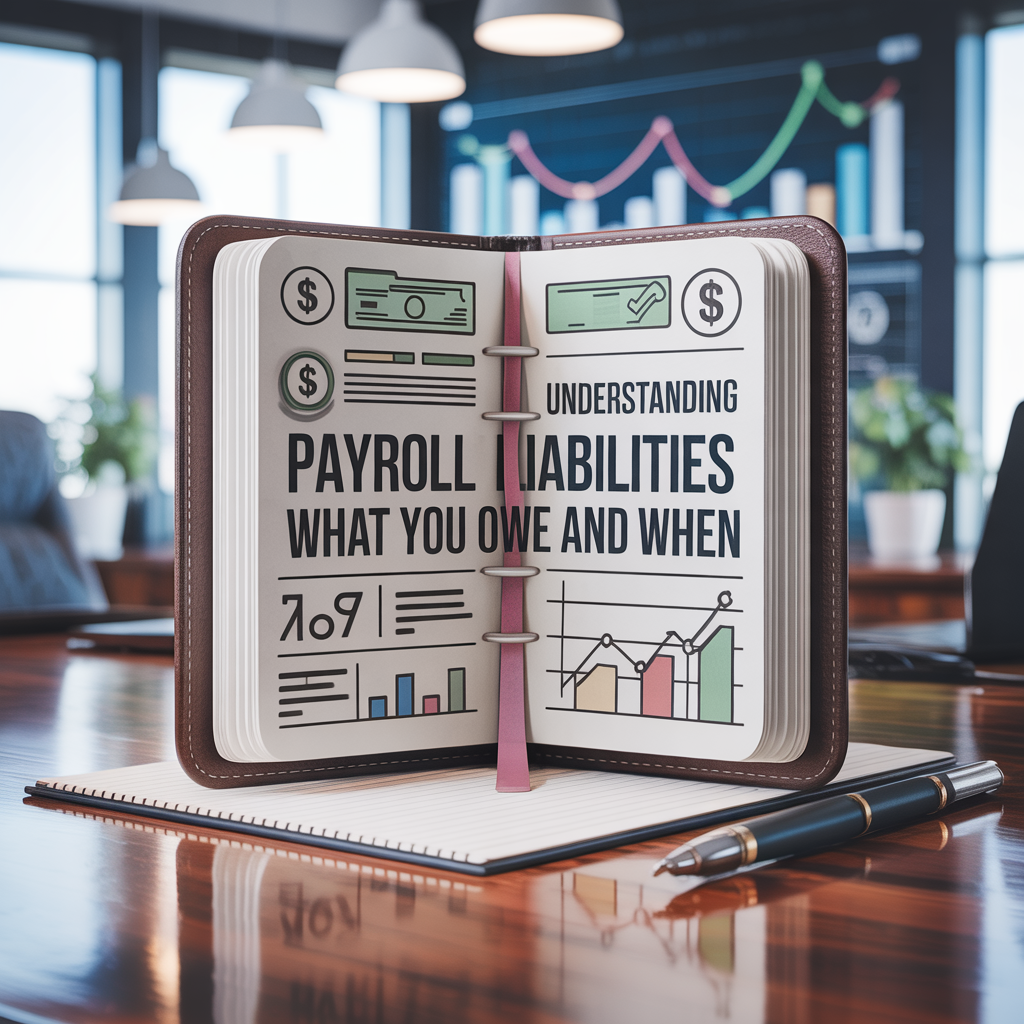How Tax Shields Can Be Used to Reduce Income Tax
A tax shield is an allowable deduction from your taxable income that results in a reduction of taxes owed. The amount of the deduction may be fixed, such as with the standard deduction, or it may be variable, such as with certain business expenses. Tax shields can be used to reduce taxable income, which results in a lower tax liability. There are a variety of tax shields that can be used, and the best way to use them depends on the individual’s or business’s specific tax situation.
How Do Tax Shields Work?
To put it simply, a tax shield is a legal deduction from taxable income that reduces the amount of taxes owed. The most common type of tax shield is the deductions allowed for expenses incurred in earning income, such as the cost of goods sold, employee salaries and benefits, and interest expense. Other types of tax shields include life insurance, pensions, and annuities.
How can I use Tax Shields to Reduce my Income Tax?
There are a number of different tax shields that you can use to reduce your income tax. Some of the most common include
By contributing to one of these tax-advantaged accounts, you can lower your taxable income and, as a result, your income tax liability. There are rules and limits on how much you can contribute to these accounts and how much you can ultimately save. If you're looking for ways to reduce your income tax, using tax shields is a great place to start.
Are There Any Disadvantages to Using Tax Shields?
There are a few potential disadvantages to using tax shields.
- They can be complex and difficult to understand. This can make it hard to know how to correctly use them and maximize their benefits.
- Additionally, tax shields can be expensive. This means they may not be right for every type of individual, and they may not be the most effective use of your resources.
Tax shields can have negative consequences if you do not use them correctly. For example, if you use a tax shield to shelter income that should be taxed, you may end up owing more in taxes than you would have without the shield. This could land you in serious hot water for
tax evasion.
To Wrap Things Up
When it comes to income taxes, there are a number of ways to shield some of your income from taxation. These include but are not limited to-
- Standard deductions
- Business expenses
- Retirement contributions.
Closing Statement
Don't wait! Contact one of our tax professionals by emailing us on marc@boulangercpa.com or calling us on
(405) 384-4900. We can help you determine which tax shield will work best for you.

Marc Boulanger
Marc views his accounting business as an extension of his family. And while he holds a Bachelor of Arts in Business Administration and Accounting and a Masters of Science in Accounting, he values traveling around the country with his wife of 30 years and 5 kids, Marc learned that communication is the key to effective team work.


